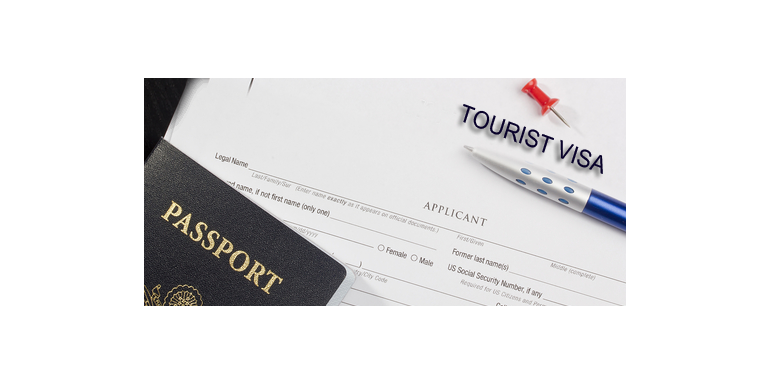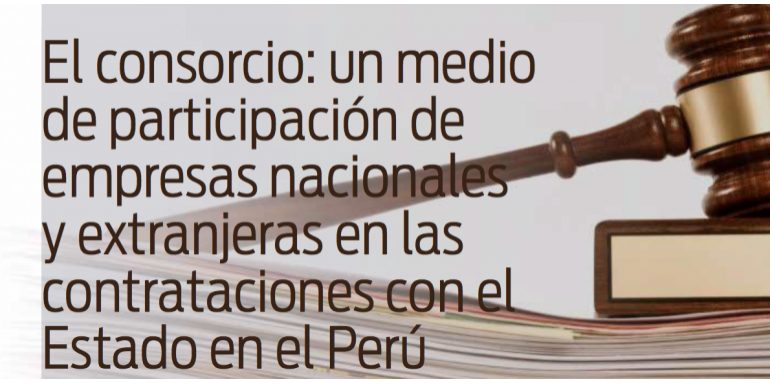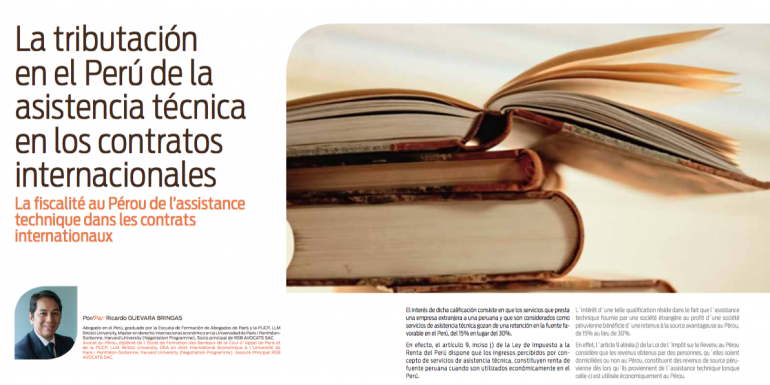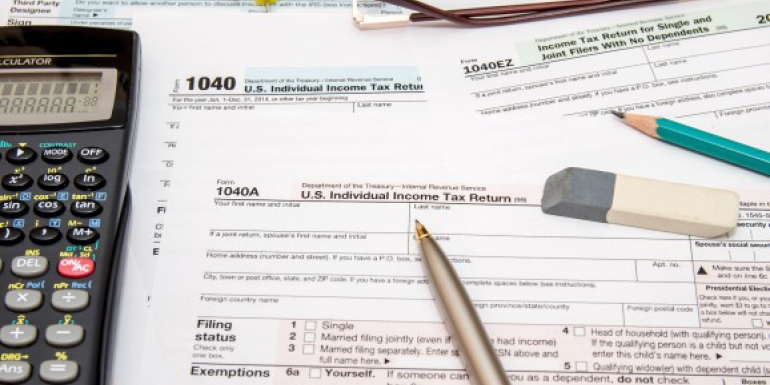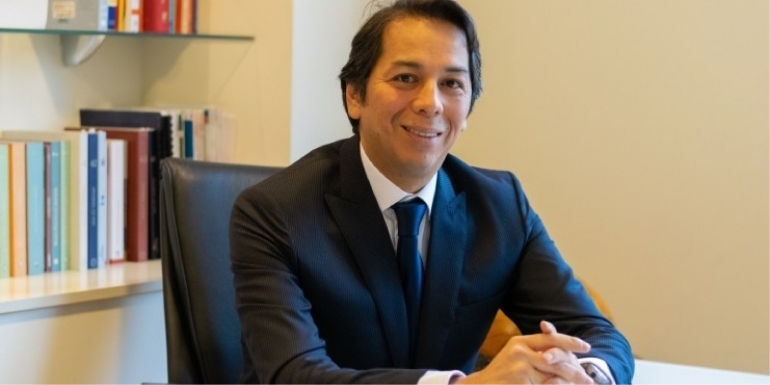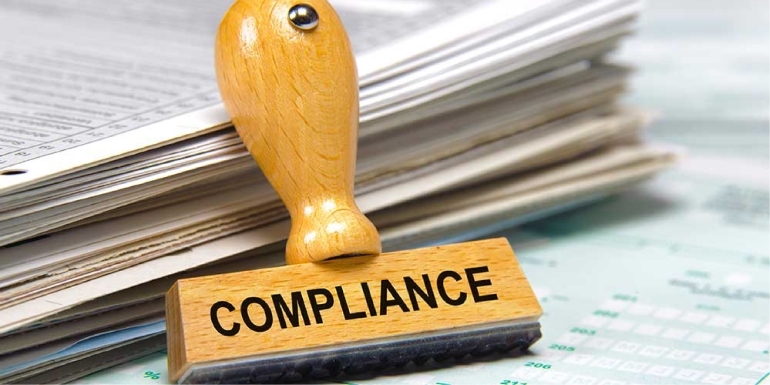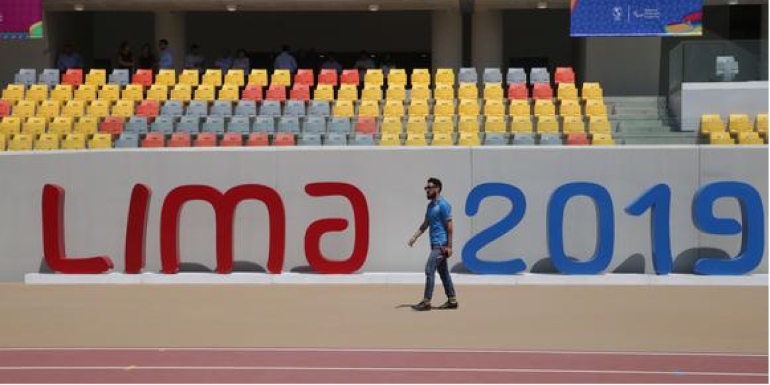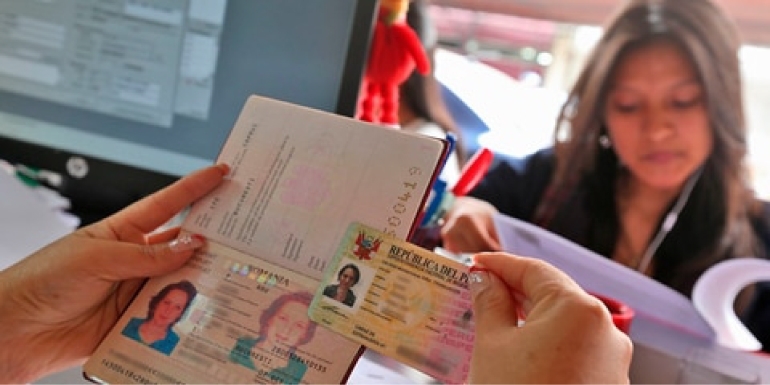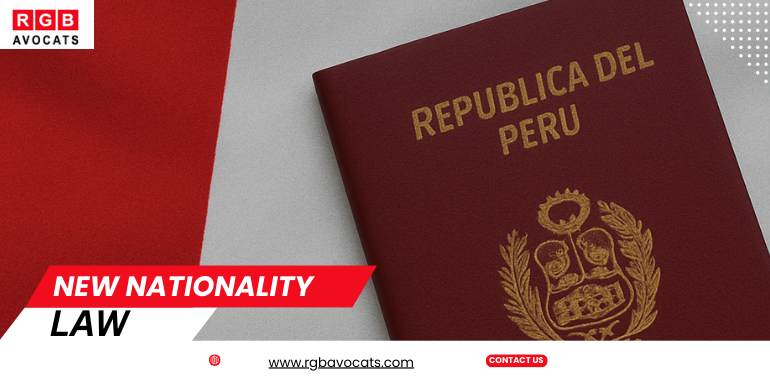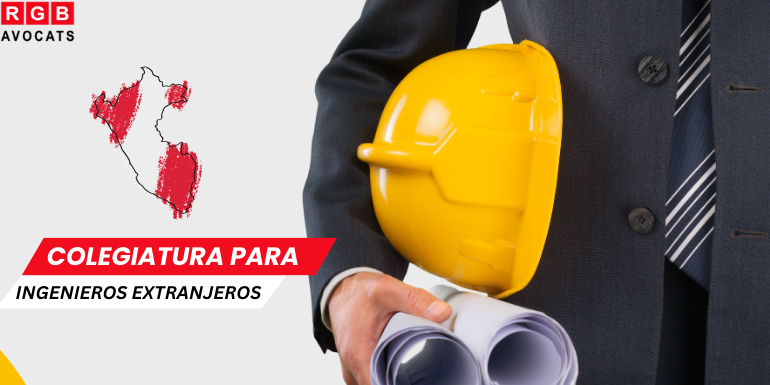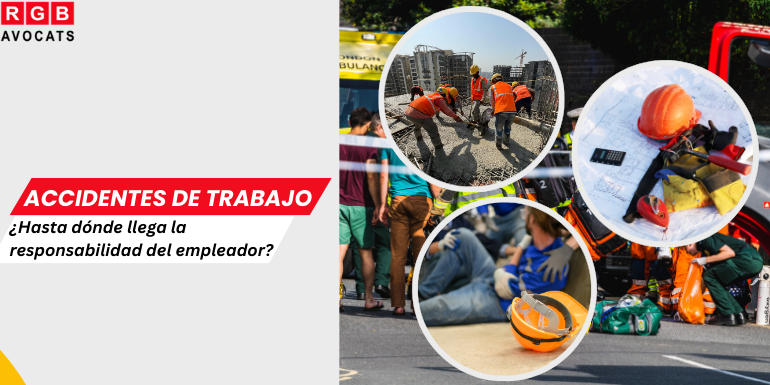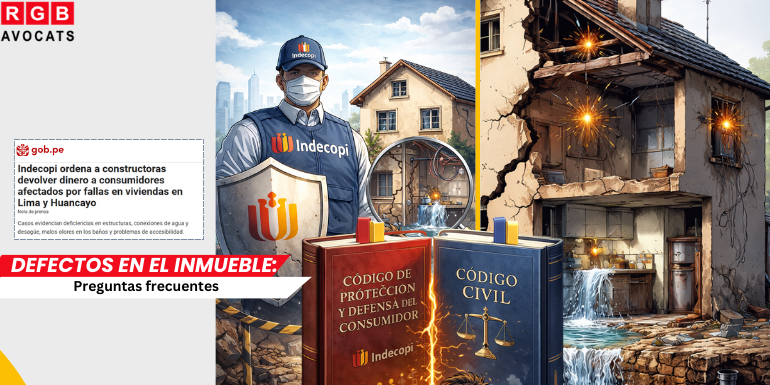Company owners should take note of recent changes made to Law N° 30424 –Law which regulates the responsibility of legal persons for the crimes of common bribery, transnational bribery, specific bribery, and crimes related to money laundering and illegal mining (hereinafter the “Law”).
The Law applies to companies and legal persons in general, whose shareholders, directors, managers, legal representatives in name or fact, attorneys, or natural persons under the control of the aforementioned engage in any of the following crimes:
- Bribing, or promising to bribe an officer of the law, representative, public or civil servant, prosecutor, magistrate, judge, arbiter, whether from the Peruvian government or from other governments, or international public entities;
- Colluding with an officer of the law or public servant in order to defraud the Peruvian government in matters of public tenders or government contracts, including the process of participating in the tenders or fraudulently obtaining the contract;
- Offering to leverage your influence, whether real or simulated, in order to procure undue benefits from an officer of the law or public servant;
- Maintaining fake book-keeping/accountancy, with the purporse of defrauding the law;
- Converting or transferring money, goods, proceeds or profits whose illegal origin they knew or should have presumed, with the purpose of obstructing the identification of its origin, seizure or confiscation;
- Acquiring, using, possessing, storing, managing, guarding, receiving or hiding money, goods, proceeds or profits, whose illegal origin they knew or should have presumed;
- Transporting money or financial instruments issued to the holder, within the national territory, whose illegal origin they knew or should have presumed, in order to with the purpose of obstructing the identification of its origin, seizure or confiscation;
- Engaging in contraband or defrauding customs authorities;
- Engaging in tax evasion or defrauding the Peruvian Tax Authority;
- Engaging in, colluding with, aiding or financing terrorist activites or terrorist organizations;
- Exploring, excavating or removing pre-hispanic arqueological monuments or artifacts without authorization from the government, regardless of whether they hold real estate rights over the land where they are located;
- Destroying, altering or removing from the country any pre-hispanic arqueological artifacts or not returning them, after authorization was granted to present them for an exhibit elsewhere.
For the purpose of the aforementioned paragraph, bribing or promising to bribe is defined by Article 397-A° of the Peruvian Criminal Code as the act of offering, granting or promising any sort of unlawful donation, advantage or benefit to a public or civil servant, in order to influence them to use their authority to either perform or neglect their functions, in violation of their duties, with the purpose of obtaining or retaining a business or unfair advantage.
Holdings or parent companies shall also be held liable for the aforementioned activities, carried out by their branches or subsidiaries, if the people under their control acted under their orders, or with their authorization or consent.
In that regard, should Peruvian authorities find any of the aforementioned people guilty of the aforementioned crimes, the Peruvian Public Ministry may impose sanctions against the company they work for. According to Article 7° of the Law, these sanctions include:
- A fine of no less than double, nor in excess of six times the benefit obtained from the bribe. If the benefit cannot be determined the fine will be of no less than ten (10) and no more than ten thousand (10,000) Tax Units (approximately USD 14,800.00 and USD 16'900,000.00).
- An impediment to carry out the company’s activities for an amount of no less than 6 months and no more than 2 years.
- The prohibition to carry out the same class or nature of activities that were favored through the act of bribery, either for a term of no less than 1 year and no more than 5 years, or permanently.
- The prohibition to participate in public procurements or conclude contracts with the Government, indefinitely.
- The cancellation of permits, licenses, public procurement contracts and other administrative or municipal authorizations.
- Closure of premises, either for a term of no less than 1 year and no more than 5 years, or permanently.
- The dissolution of the company.
Concerning the aforementioned the aforementioned,articles 12° and 17° of the Law establish that, the company or legal person may be exempt from the aforementioned sanctions if it adopts a system of prevention, vigilance and control in order to prevent acts of corruption, before they take place. In accordance with the aforementioned article, this system of prevention must include:
- A person in charge of prevention, appointed by the highest management body within the legal person, who must exercise his or her function with autonomy. In the case of micro and small enterprises (MSEs) this role can be directly assumed by the management body.
- The identification, evaluation and reduction of risks to prevent bribery.
- The implementation of a procedure for reporting this type of crime.
- The periodic promotion of the system of prevention, and training of personnel in how it works.
- A constant analysis and vigilance of the system of prevention
This exemption WILL NOT APPLY if the people who engaged in the aforementioned crimes were the shareholders, directors, executives or managers in name or fact, of the company, or with the capacity to control the company. In which case, the fines will be applied with a reduction of up to 90% considering the circumstances under which the crimes occured.
Thus, while it may be true that companies may not fully be able to prevent their personnel from engaging in corrupt practices, the Law does provide a reasonable route to avoid responsibility for the acts of corruption committed by the aforementioned. In that regard, we recommend that companies based in Peru seek legal advice in order to assess their risks and analyze a way to meet these legal requirements.





